Gabon cuts internet, imposes curfew after elections
By DW
26 August 2023 |
10:19 pm
Gabon's government has said it is imposing a curfew and disabling the internet as its general election draws to a close, saying this was necessary because of "calls for violence ... and false information."
Related
Related
4 days ago
Turkey's president Recep Tayyp Erdogan was in Iraq this Monday - his first official visit in years, where he signed a raft of deals to try and reset rocky relations. High on the agenda was the water issue, stemming from Turkey's construction of dams on the Tigris and Euphrates rivers that reduced the supply downstream to Iraq.
2 days ago
A South African high court judge dismisses a case brought by the ruling ANC that had accused the MK party of copyright infringement. Also, flooding hits many parts of Kenya, sweeping away vehicles, submerging key highways and sending some communities scrambling to find higher ground. Staying in Kenya, we report on how a nation known for its marathon and long-distance running gold medals is now hoping to shine in sprint.
3 days ago
A school in the Nigerian administrative capital city of Abuja offers teaching to students at a 100 Naira ($0.86) per day. It enables poor parents and daily income earners to send their children to get secondary school education.
2 days ago
The president of the Confederation of African Football (CAF) Patrice Motsepe discussed his ambitions for African football and his tenure as CAF president.
2 days ago
Eye on Africa tours the Hope Hostel in Kigali. It's one of the lodgings prepared by Rwanda to take in migrants deported from Britain, the first of whom could arrive in a few months' time under a controversial policy.
Latest
1 hour ago
Two men have been arrested in Germany over suspicions that they spied for Russia and were part of a plot to sabotage aid to Ukraine by trying to blow up military infrastructure on German soil, the authorities announced on Thursday.
1 hour ago
Exactly five years ago, the world watched in horror as Paris's Notre-Dame Cathedral was ravaged by flames. Today, carpenters and artisans are hammering away to meet a December 8 deadline for the Gothic landmark's grand reopening. Spectators attending the Paris Olympics this summer will already be able to admire the renovated structure from the outside. Meanwhile, life has resumed on the Île de la Cité, the island that's home to Notre-Dame in the historical heart of the French capital. The square in front of the cathedral and its surroundings are even set for a makeover.
1 hour ago
IN THE PRESS – Friday, April 12: The media reacts to the death of controversial former NFL star O.J. Simpson, who was acquitted of killing his ex-wife and her friend in 1994. Meanwhile, children in Poland rejoice as homework is banned...but not everyone is happy with the decision.
7 hours ago
Nigeria has revoked 924 dormant mining licences while calling on investors to apply for the licences offered on a first-come, first-served basis. Meanwhile, the Lagos Chamber of Commerce and Industry is urging the government to review the mining industry strategy to attract mineral exploration investments, reignite mining project development, and accelerate new mineral discoveries.
7 hours ago
Engineers at Columbia University's Creative Machines Lab have developed Emo – a robot capable of mimicking human facial expressions – to “enhance the interactions between humans and robots.” Emma Jehle has more.
7 hours ago
The first fitness summit and Awards event in Nigeria, Wemove, took place at Lekki Phase I, Lagos a few weeks back. Powered by the Institute Of Registered Exercise Professionals And Purefitness Africa, the event brought together all fitness lovers and professionals, from across the country, in a bid to celebrate fitness and wellness in Nigeria. GuardianTV was at the event to report all the conversations on core issues faced by the fitness industry in Nigeria.
×

Get the latest news delivered straight to your inbox every day of the week. Stay informed with the Guardian’s leading coverage of Nigerian and world news, business, technology and sports.


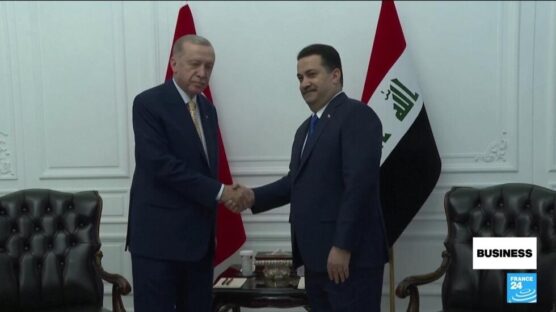
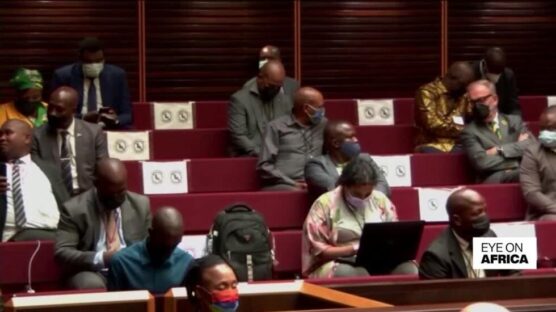
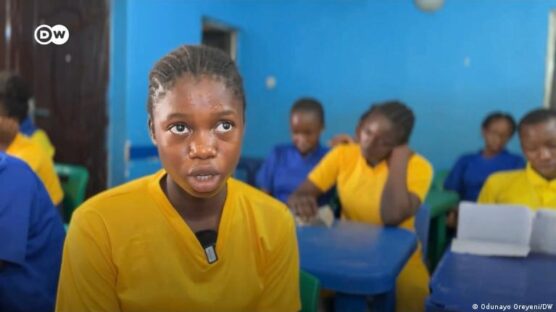
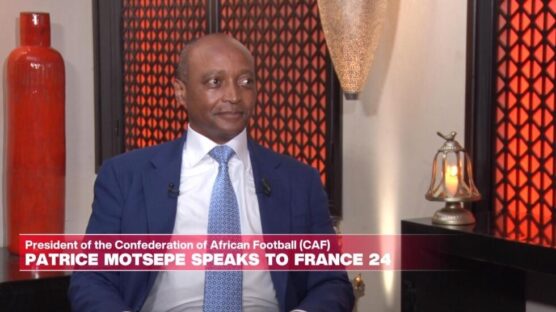
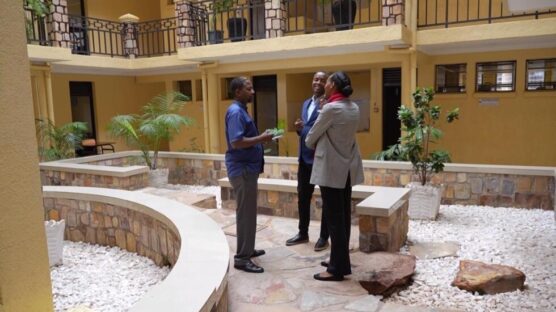
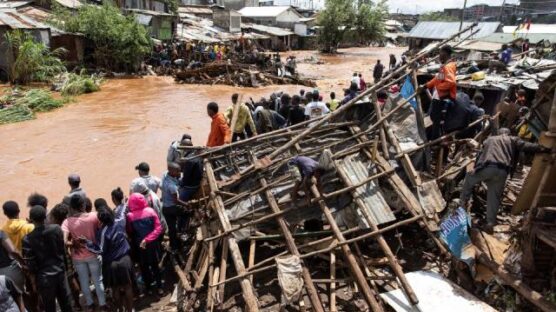




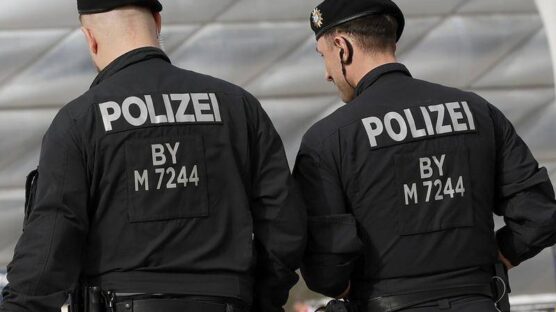
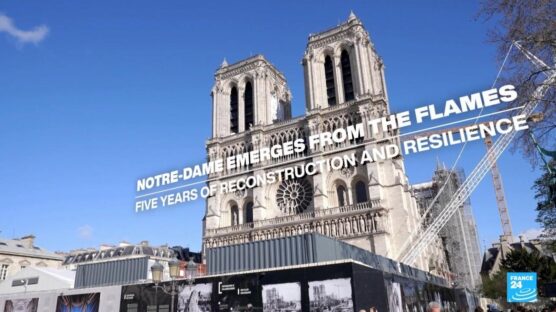
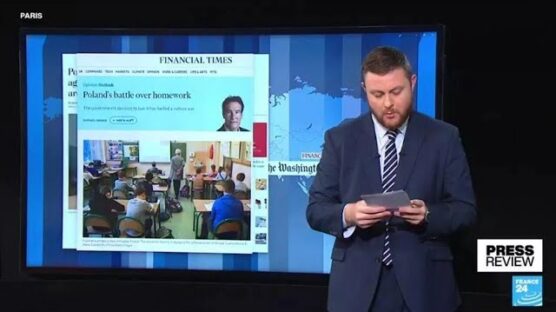
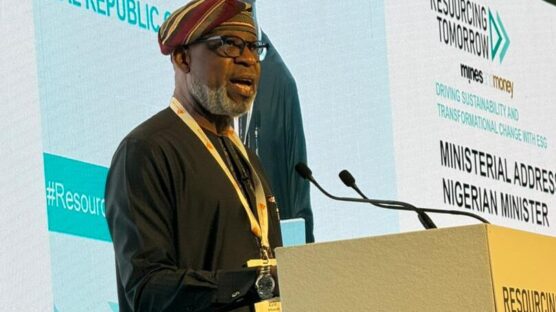
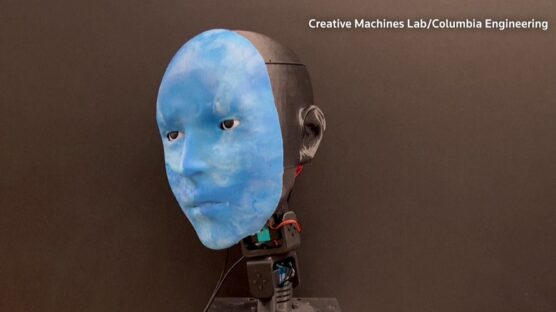

0 Comments
We will review and take appropriate action.